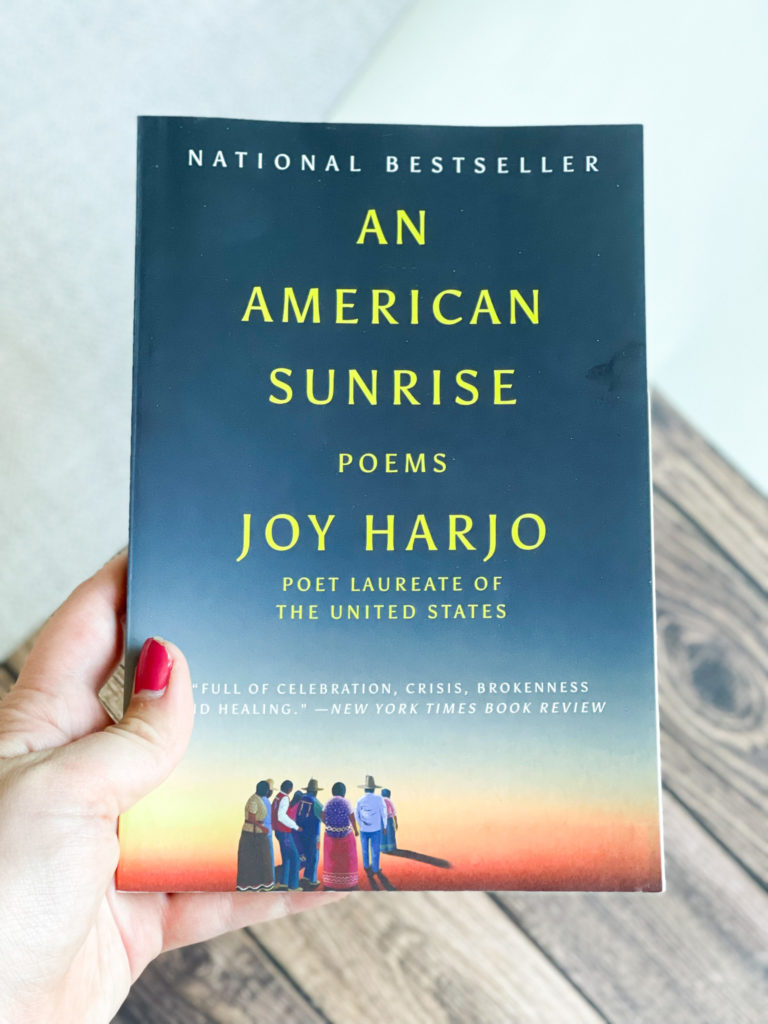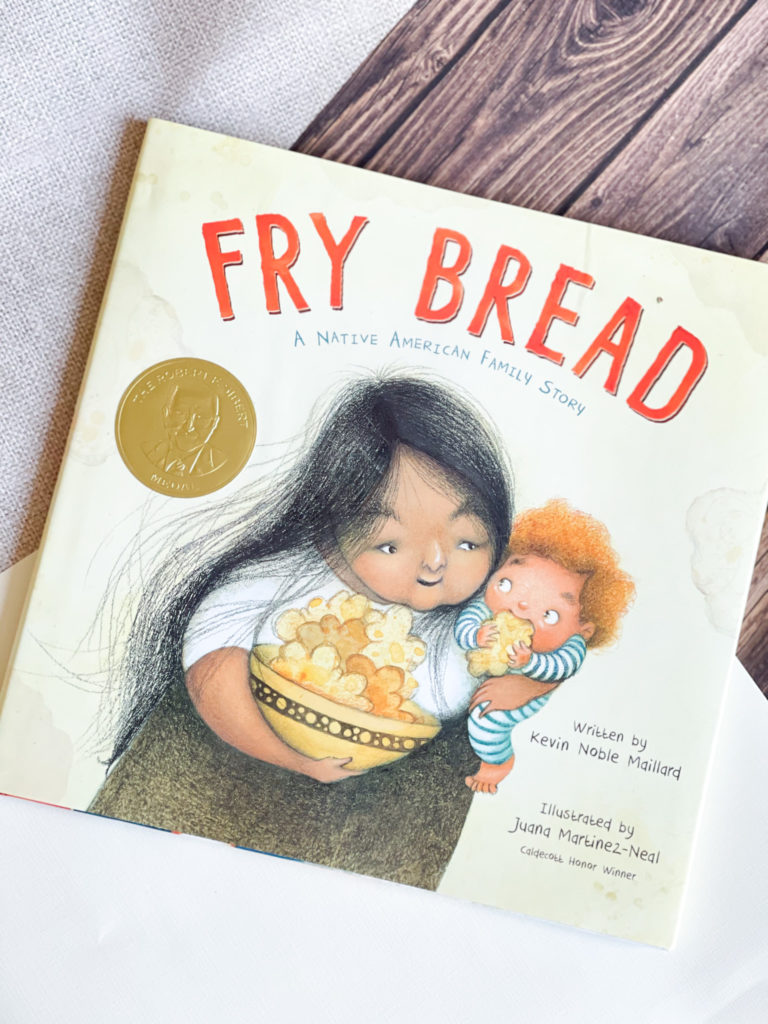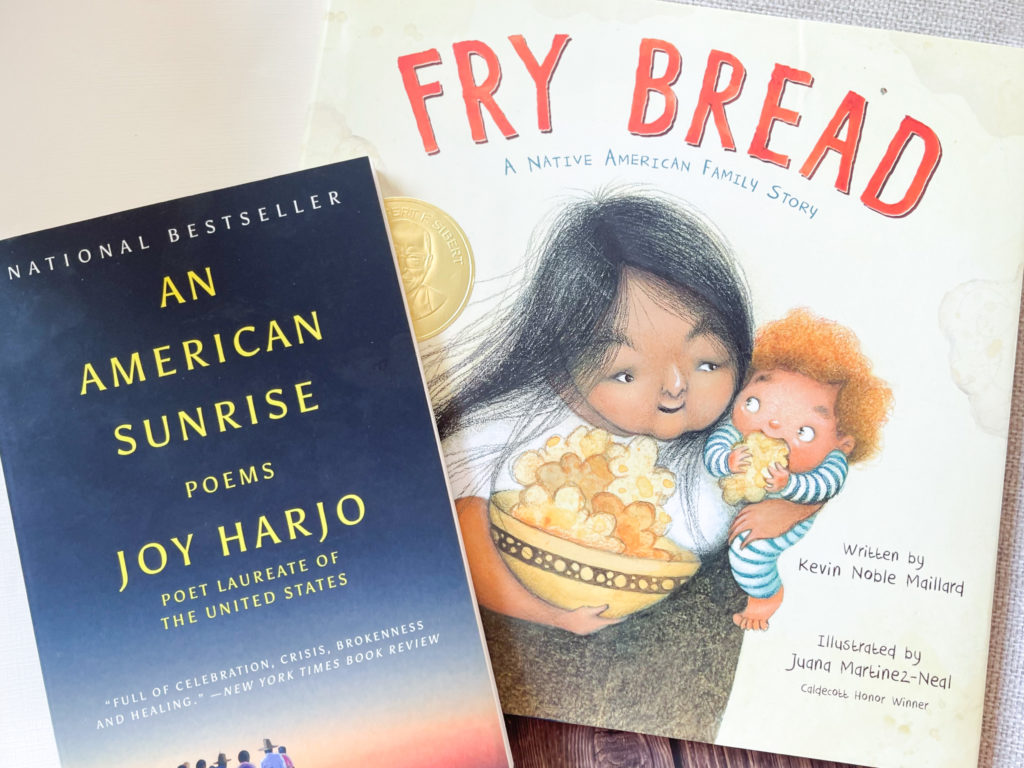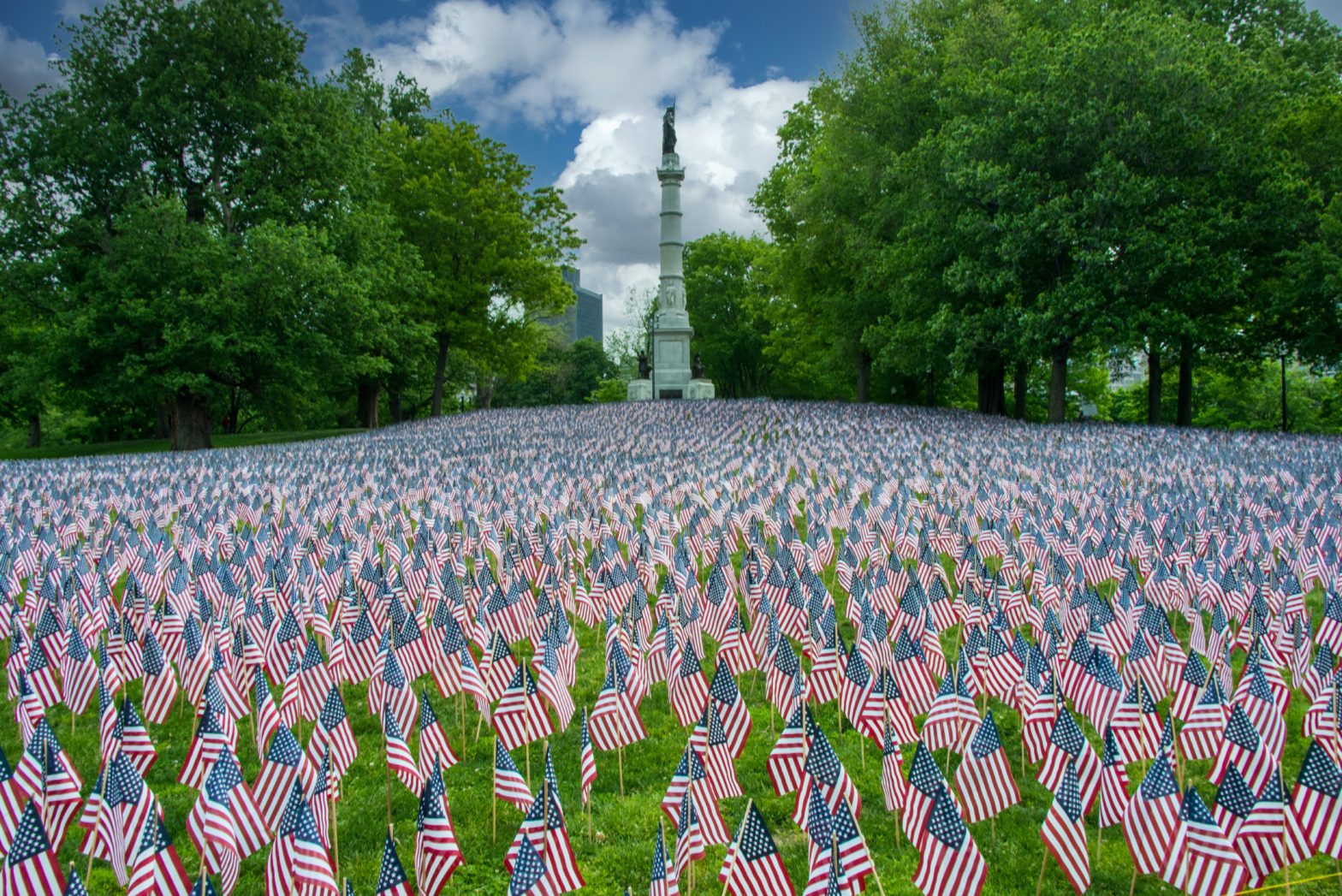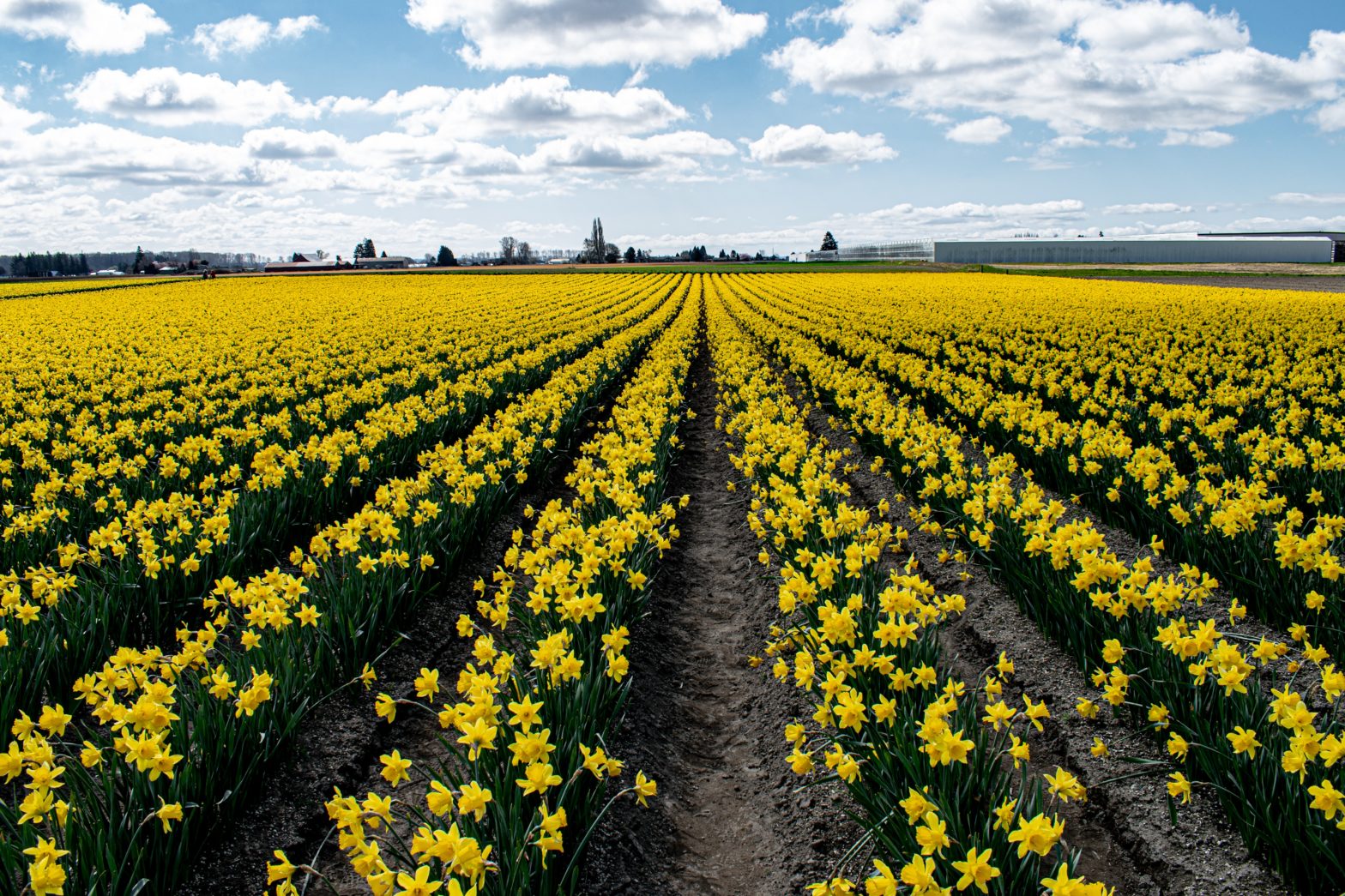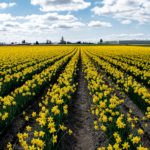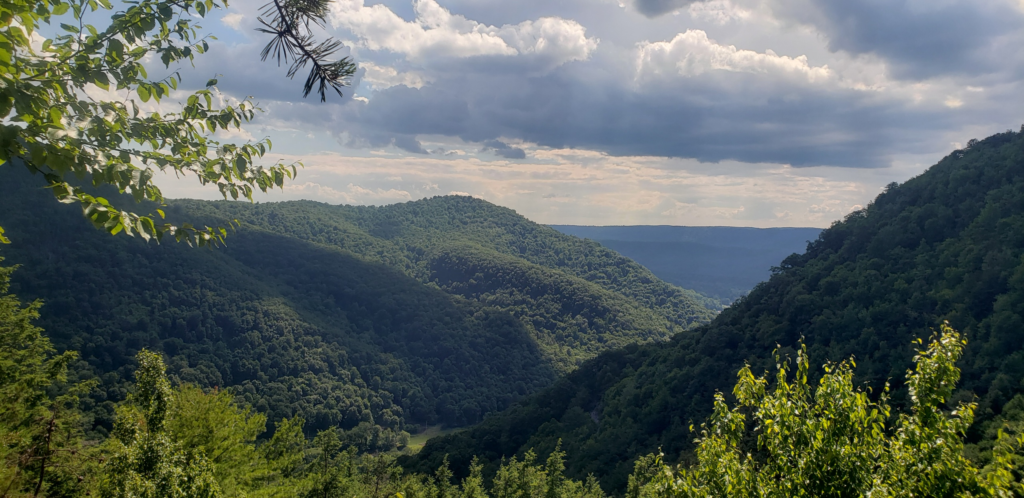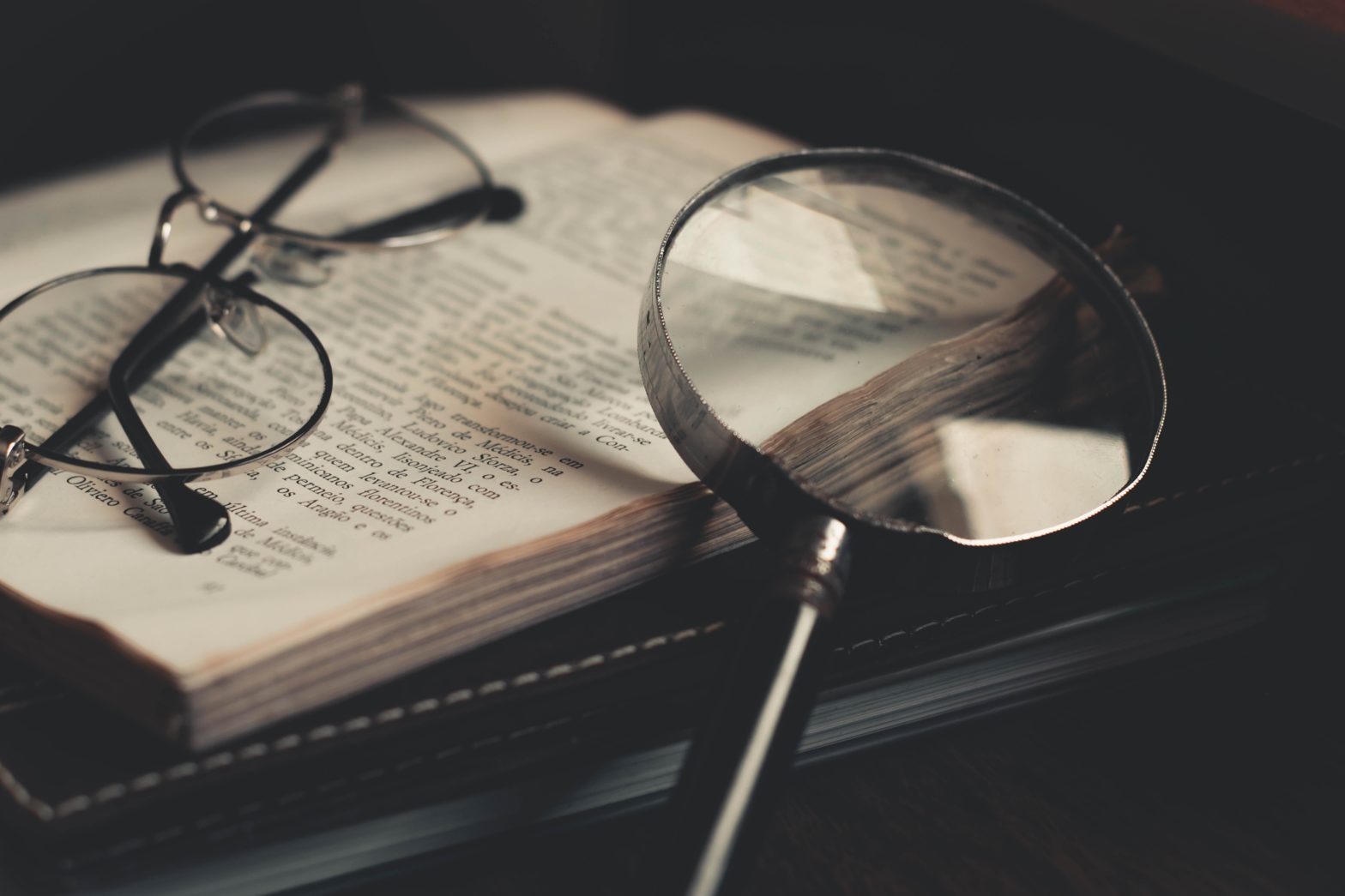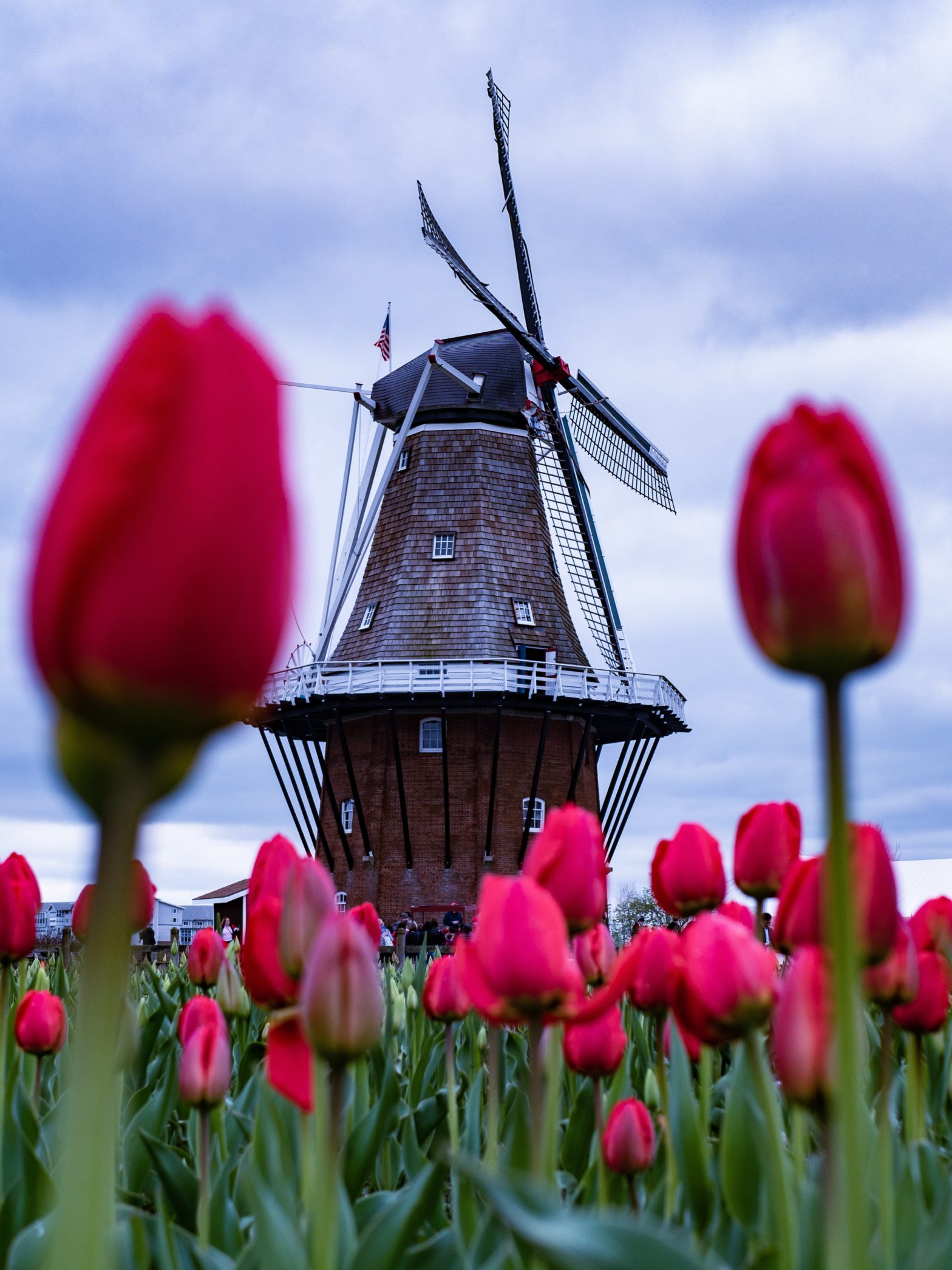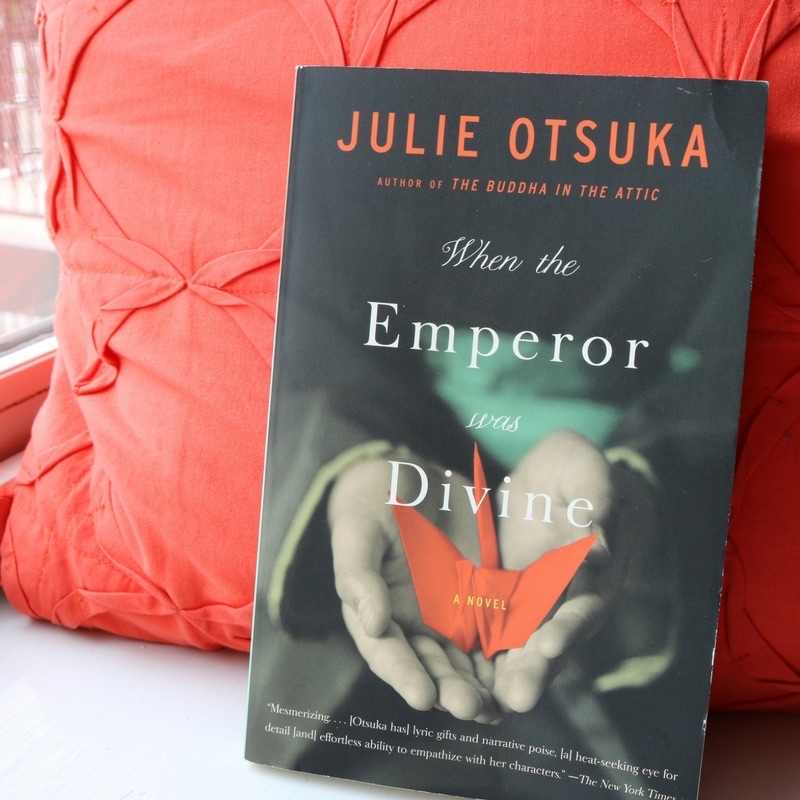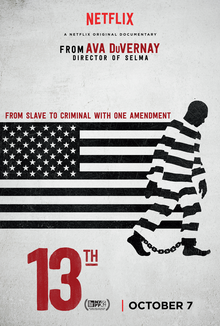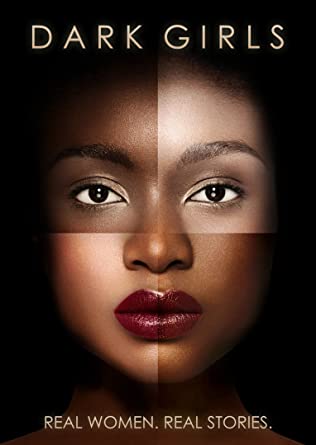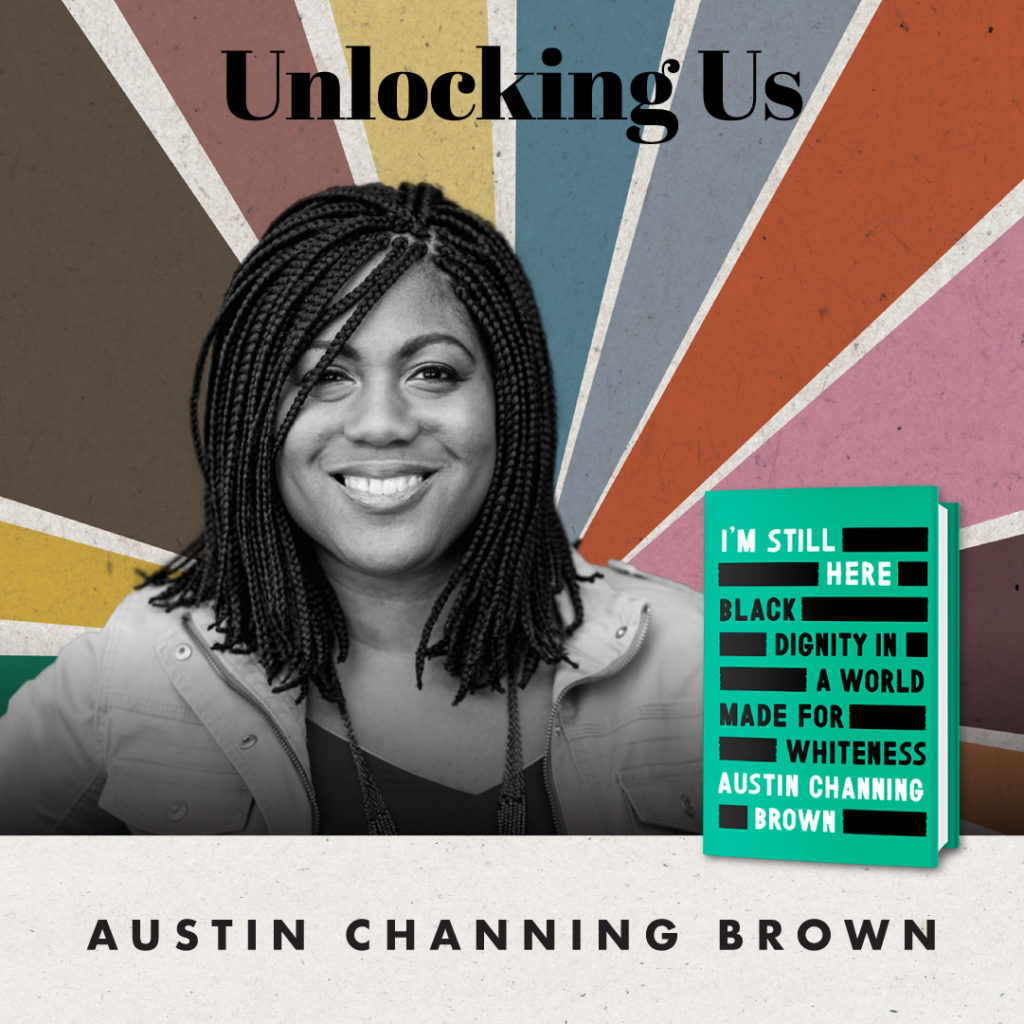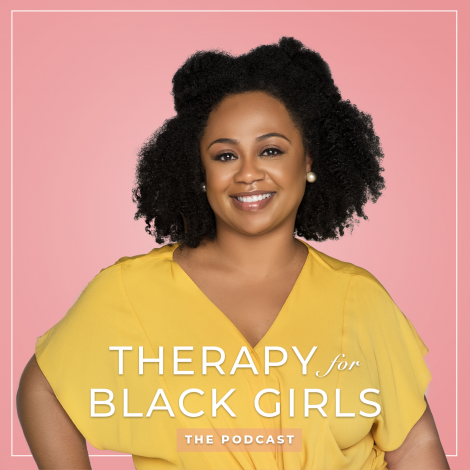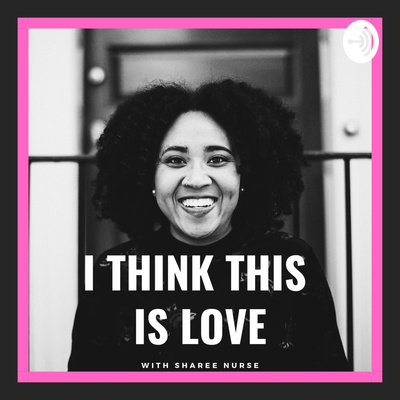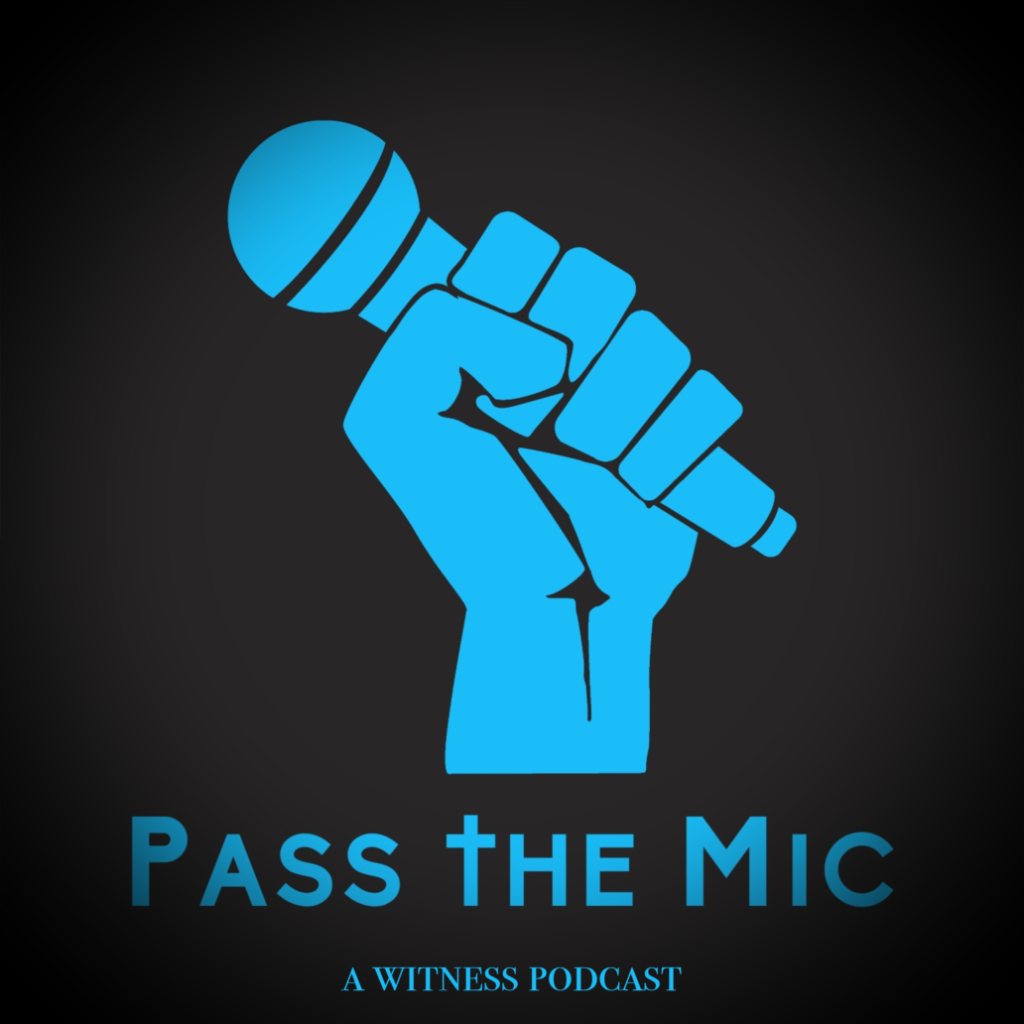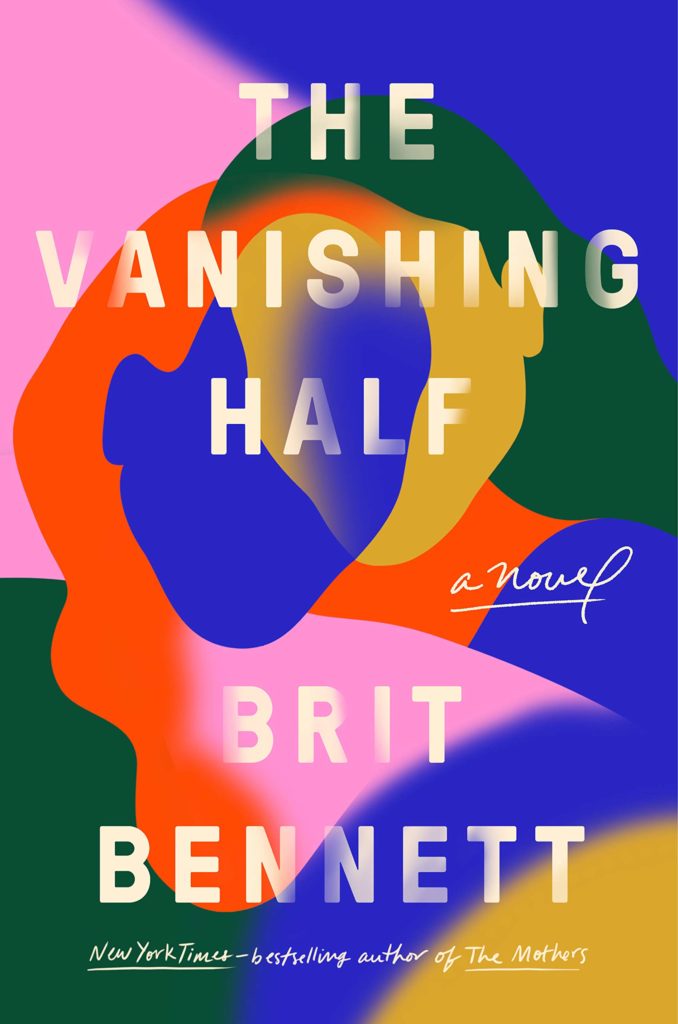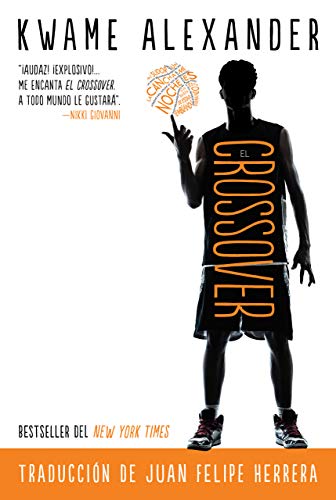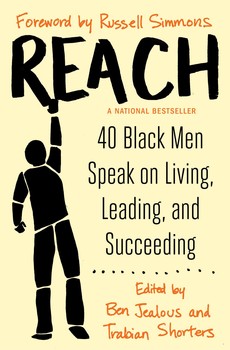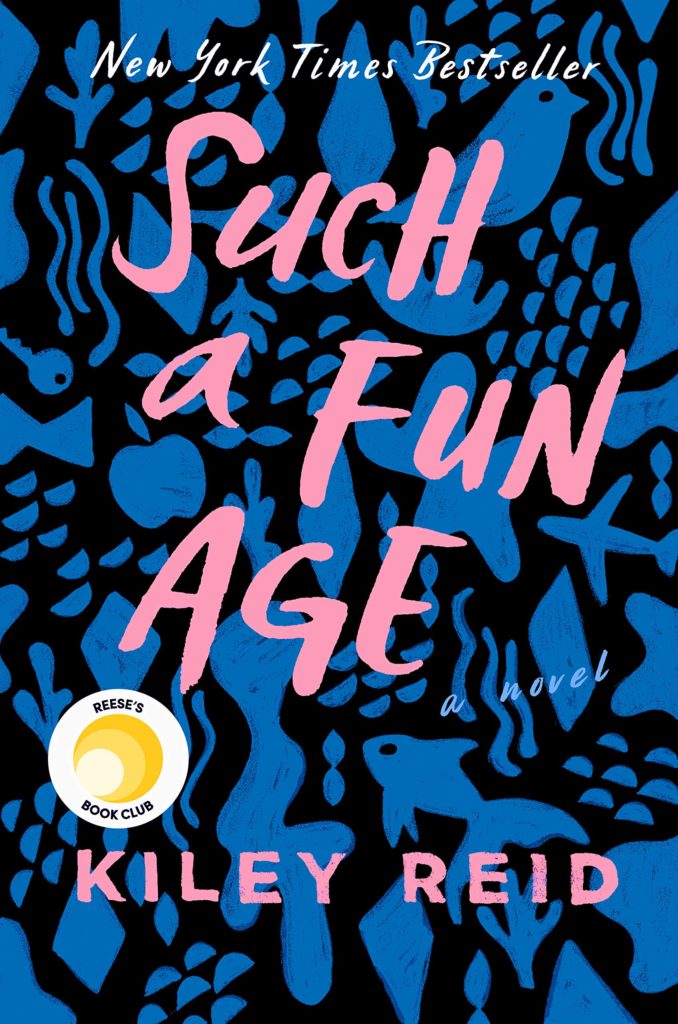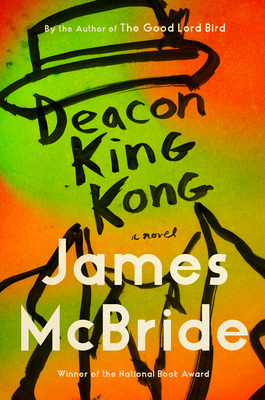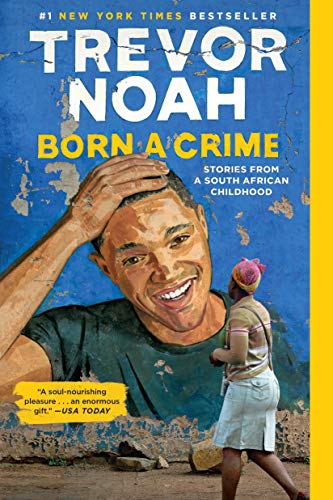We are excited to announce that we have received an eighth consecutive grant from the National Endowment of the Arts! Our program will highlight poetry and Native American history this November.
This year, we will concentrate on Poet Laureate Joy Harjo’s An American Sunrise, a collection of poems that traverses the homeland from which her ancestors were uprooted in 1830 as a result of the Indian Removal Act. A Writer of the Muskogee (Creek) Nation, Harjo celebrates her ancestors and reminds the reader to remember the past.
“I’m elated to announce that we’ve received NEA and NEH grants again this year. As our program has grown over the last eight years, each year, I am more excited for our community to participate,” said Dr. Deborah Van Duinen, who is director of both the Big Read and Little Read and an associate professor of English education at Hope. “Each year we learn so much as we listen to and learn from each other while encountering important stories together.”
Writer, musician, and current Poet Laureate of the United States, Joy Harjo was born in Tulsa, Oklahoma, and is a member of the Muscogee (Creek) Nation. “An American Sunrise:—her eighth collection of poems—revisits the homeland from which her ancestors were uprooted in 1830 as a result of the Indian Removal Act. It is a “profound, brilliantly conceived song cycle, celebrating ancestors, present and future generations, historic endurance and fresh beginnings,” wrote critic Jane Ciabattari. “Rich and deeply engaging, An American Sunrise creates bridges of understanding while reminding readers to face and remember the past” (Washington Post).
Harjo’s many awards include a Lifetime Achievement Award from the Native Writers’ Circle of the Americas; the William Carlos Williams Award from the Poetry Society of America; the Wallace Stevens Award from the Academy of American Poets; and two National Endowment for the Arts Creative Writing Fellowships. Joy Harjo previously visited Hope College in the fall of 1993 and spring of 2012 through the college’s Jack Ridl Visiting Writers Series.
“While the Big Read has not yet focused on poetry, I’m excited for the Lakeshore to be immersed in Joy Harjo’s beautiful verse and the history it tells,” Van Duinen said. “Harjo’s poems encourage us to contemplate whose histories are told and whose are silenced, and why we must learn about history and culture. They also remind us of the ways reading poetry can lead to greater empathy and understanding.”
Our Little Read Lakeshore accompaniment for children will feature the picture book Fry Bread, written by Kevin Noble Maillard and illustrated by Juana Martinze Neal.
Debut author Kevin Noble Maillard’s Fry Bread is an evocative depiction of a modern Native American family. Told in verse, Maillard’s book captures the complex Native American identity and shared tradition through beautiful illustrations by Pura Belpre Award winner and Caldecott Honoree Juana Martinez-Neal. Fry Bread celebrates warm food, but also the similarities and differences of nation.
Author events for the programs are Joy Harjo, Kevin Maillard, and Cynthia Leitch Smith. Specific event details will be released in August.
The NEA Big Read Lakeshore program has received $20,000 from the NEA, one of several grants announced on Wednesday, June 9. The Little Read Lakeshore programhas received $15,000 from Michigan Humanities, one of 17 grants to be announced this summer.
In addition to Hope, our community partners include the Allegan District Library, Allendale Township Library, Alliance for Cultural and Ethnic Harmony, the City of Holland, CultureWorks, Fellowship Reformed Church, the Fennville District Library, the Gary Byker Library of Hudsonville, the Georgetown District Library, the Herrick District Library, the Holland Museum, the Holland-Hope College Sustainability Institute, the Howard Miller Public Library, the Loutit District Library, the Ottawa Area Intermediate School District, the Outdoor Discovery Center, the Patmos Library, Ready for School, the Saugatuck Center for the Arts, the Saugatuck-Douglas District Library, the Spring Lake District Library, Western Theological Seminary, the Woman’s Literary Club and many individual area residents.
Find out more about our 2021 selections, our program and more at bigreadlakeshore.com!


